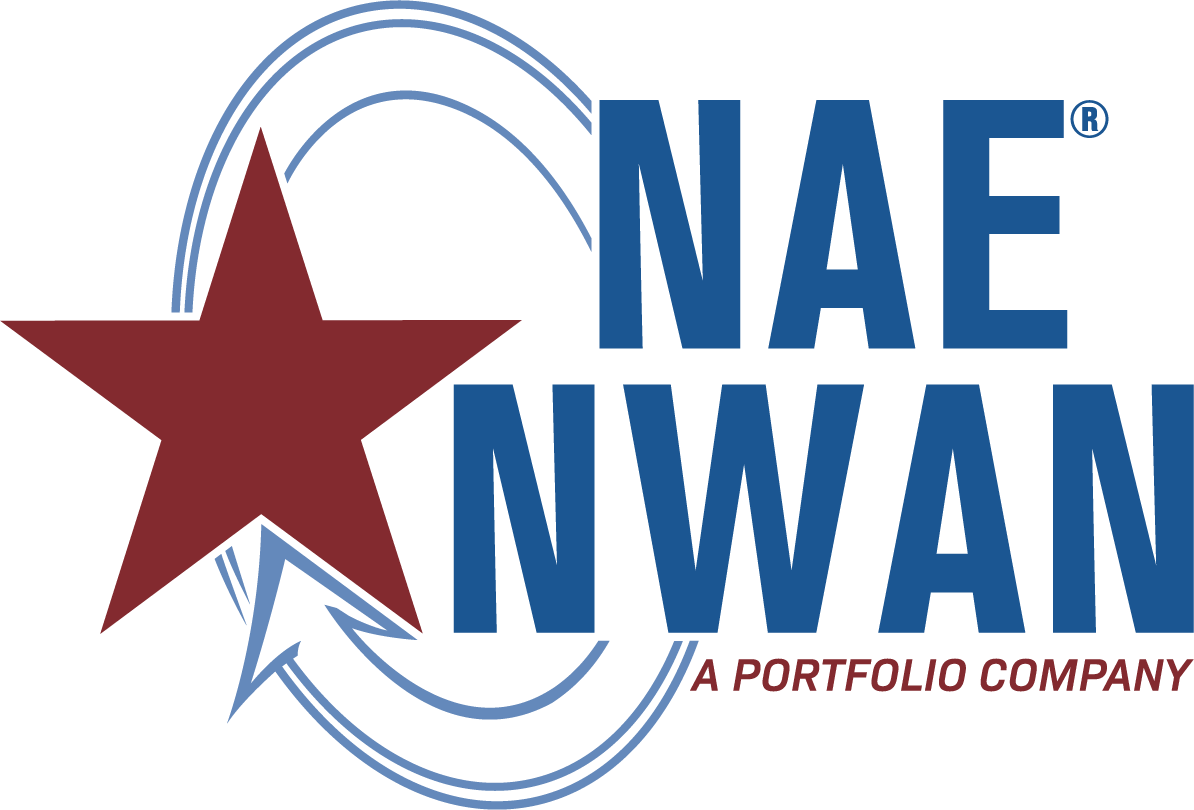Getting the Most out of Your Survey
How to Use a Surveyor to Your Best Advantage
August 20, 2015
A marine survey is worth paying for. Whether you’re getting a pre-owned boat or a brand-new one, it’s important that you get the boat surveyed before you sign the dotted line. And surveys are not limited to the one time you purchase the boat. To keep your boat in good condition, it is important to have your boat surveyed regularly and, based on survey findings, have it duly serviced. After all, a surveyor’s fee is not really a loss when you know it will save you money in the long run. In fact, the small amount you pay a surveyor now can ultimately save you from massive expenses in the future.
But given that you are paying the surveyor for his work, make sure you get your money’s worth. Here are a few important things to keep in mind when getting your boat surveyed.
Type of survey: You may need to hire a surveyor for different types of surveys. Broadly, these may include:
- New Build Survey
- Pre-Purchase Survey
- Condition & Valuation Survey (C&V)
- Insurance Survey
- Finance Survey
- Appraisal Survey
- Damage Inspection Survey
- Structural Condition Survey
- Diesel Engine Survey
Some surveyors may not do certain types of surveys, or their experience may primarily fall within certain types of surveys. For example, some surveyors may not have done many new-build surveys, while others may not have experience surveying yachts over 80 feet. Make sure you consider all these factors in your search. If a surveyor claims he is comfortable doing any type of survey for any type of boat, you should probably thoroughly check his background and ask him to provide sample reports and references to back his claim. If he is reputable, you will be able to find this out just by asking around—highly reputable surveyors always get great testimonials.
Finding qualified surveyors: A lot will depend on the skill of the surveyor. If you’re a first-time buyer or relatively new to boating, the role a surveyor will play in the purchase or maintenance of your boat is a very important one. So first, make sure you find a reputable surveyor to complete your survey. Where to look? The best resources are the National Association of Marine Surveyors (NAMSGlobal), the Society of Accredited Marine Surveyors (SAMS) and the American Yacht and Boat Council (ABYC). Some independent surveyors work full time, while others are part-time contractors. In areas where there aren’t enough survey assignments available to justify a full-time position, surveyors tend to take up surveying as a part-time job. Either way, make sure the contractor you hire has contractor’s insurance. Also, after you’ve done your own research about the surveyor’s background, don’t hesitate to ask him directly about his experience, especially regarding the type of boat you want to have surveyed. You are paying him for the service, so you have the right to satisfy yourself about his skills and experience. After all, his findings and recommendations will impact your financial investment, your time and, above all, your safety.
Selecting a surveyor: The exact nature of your survey is critical to narrowing the field and choosing your surveyor. Given that you’ve identified qualified, reputable surveyors in your area, your final selection should be based on the type of survey you need (C&V, pre-purchase, etc.) and the type of vessel you’re getting surveyed. For example, is your boat sail or engine powered? Is the engine diesel or gasoline, and what are the size and age of your boat (among numerous other factors)? You want a surveyor whose expertise and experience match as closely as possible your specific needs.
The surveyor also should not have any vested interest in the survey’s final outcome. For instance, if you need a pre-purchase survey and a surveyor has been recommended by the broker, chances are the broker will encourage the surveyor of his choice to produce a “clean” report, so that he can sell the boat. This may not always be the case. A good broker will want to provide the best possible service to their client, as most of them will come back at least once, if not many times, to buy another, often bigger boat. Similarly, if the buyer has a good experience with the surveyor, he may hire the surveyor again for other types of surveys. Nevertheless, even if all parties seem to have the best intentions, it is important to do your own reference checks.
The survey: Having identified a used boat that you like (if you’re getting a pre-purchase survey) or learned that your new build has been deemed ready for delivery (if you’re getting a new build survey), the surveyor’s job now begins. He will inspect the boat from bow to stern to obtain every last bit of information he possibly can about the boat’s condition. What is and isn’t included in the survey will be disclosed ahead of time by the surveyor. Make sure you discuss it beforehand. For instance, a sizeable yacht can take an entire day to inspect, and the surveyor will likely not include the diesel engine in his survey, as diesel engines typically require a dedicated diesel survey. However, on a smaller boat powered by gasoline engine, the surveyor may carry out a basic engine inspection.
If possible, owners and operators should accompany the surveyor on the day of the survey. It is best to avoid interfering with his work and distracting him by asking questions while he is on the job, but you can watch him work and answer any questions that he may have. You can even ask for a quick rundown at the end of the survey, but don’t expect the surveyor to give you detailed explanations about his findings yet.
At the end of the day’s work, the surveyor will review his findings and provide you with a detailed survey report within 1–3 days. This is what you have paid for, so make full use of it. Carefully examine his findings and then factor them into your buying decision or get your boat serviced accordingly.
Ultimately, the surveyor plays a very important part in your boat ownership decisions. Your boat’s price, valuation, insurance and financing depend greatly on the results of the surveyor’s report. Likewise, your boat’s safety and integrity also depend on resolving any maintenance issues revealed by the survey. While surveys are clearly critical in the life of your boat, they can also be quite complex. However, by following some simple guidelines, you can make sure to get the most out of surveys and enjoy the ownership of a well-maintained boat free of constant breakdowns.



























